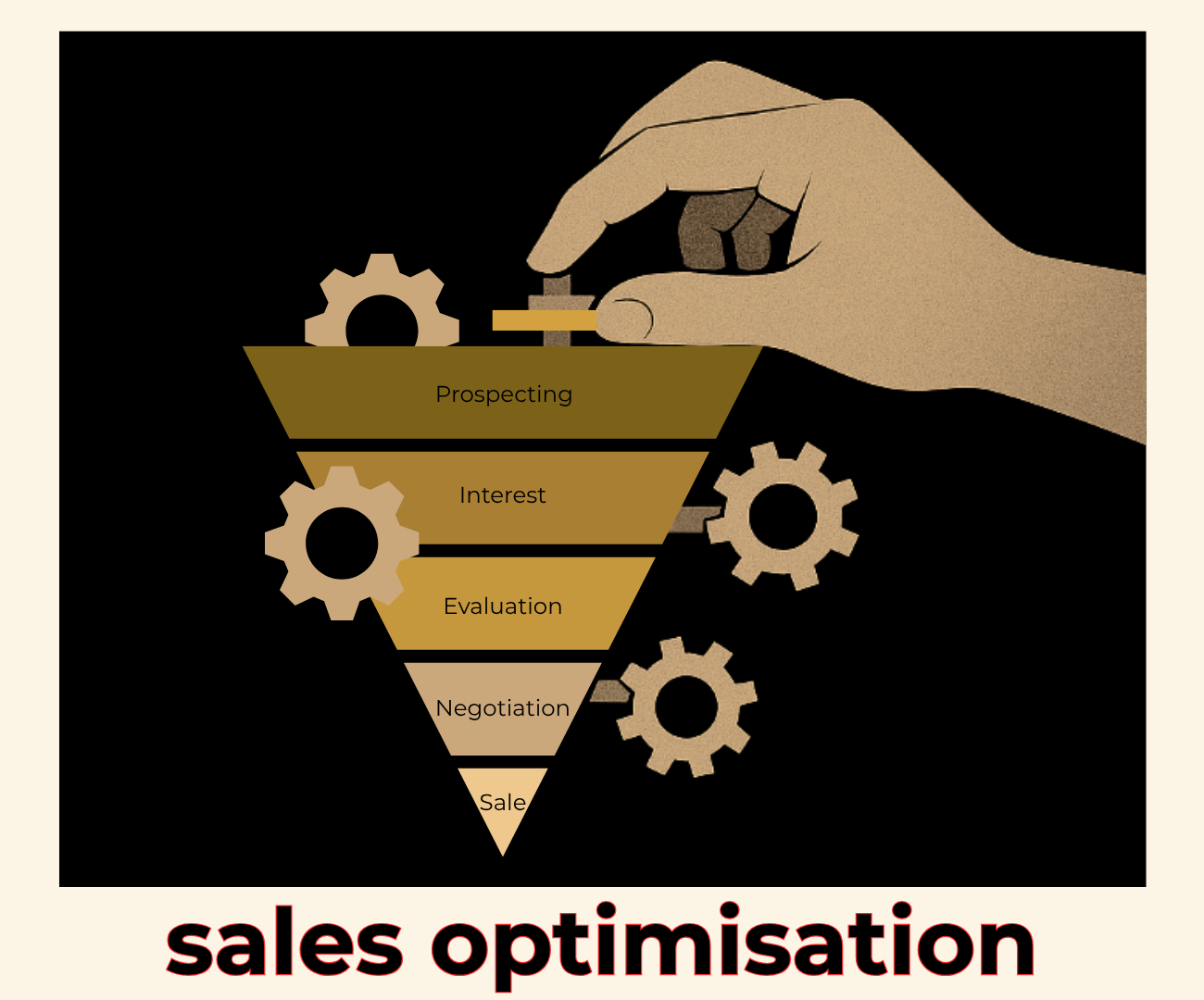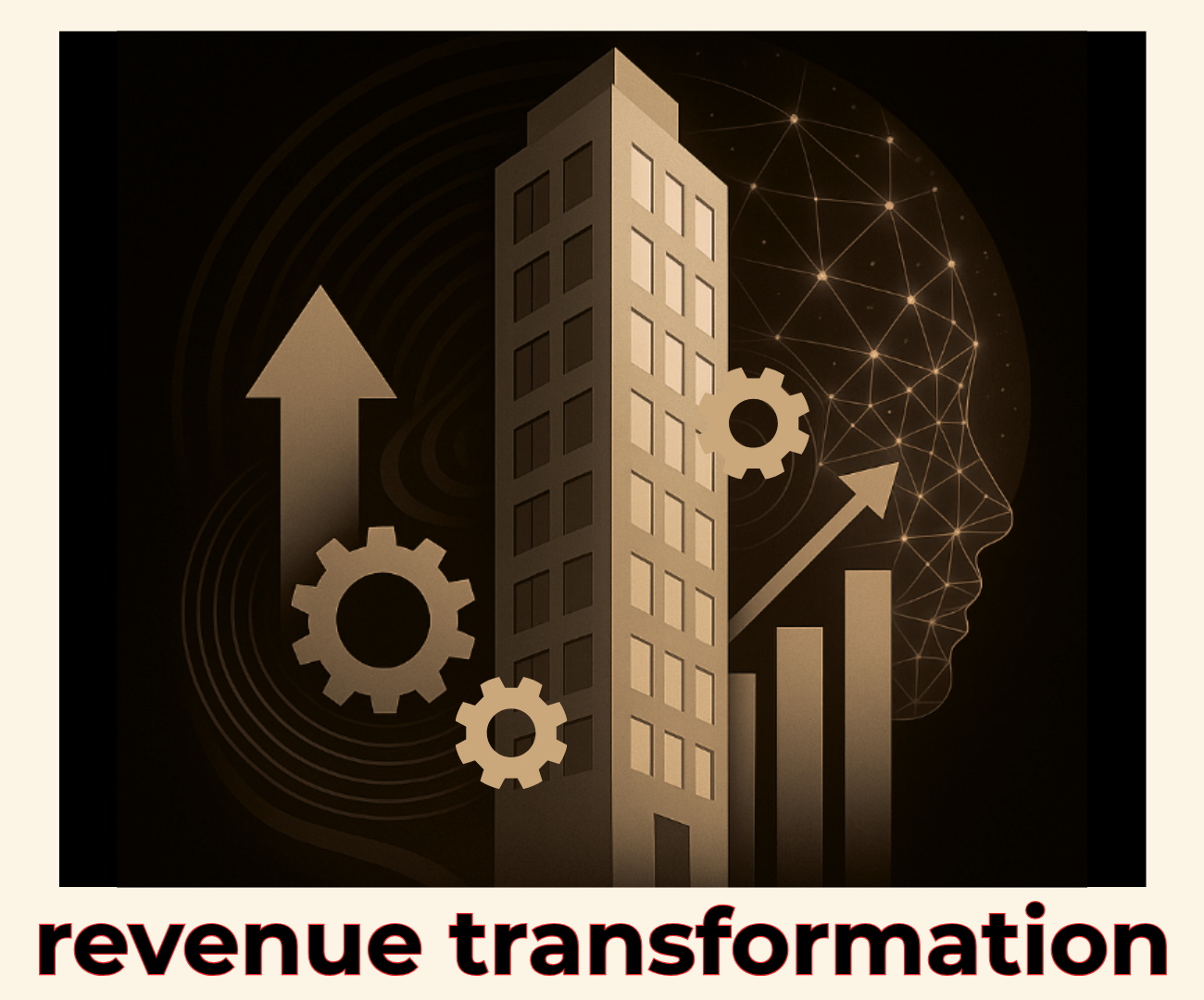
built for change. backed by insight.
from autopilot to impact - we turn science into intentional action.

intentional motion
we help people and organisations rise above autopilot.
using mindset tools, behavioural intelligence, and neuroscience-informed insight, we fuel bold thinking and intentional action.
for people. for progress. for good.










